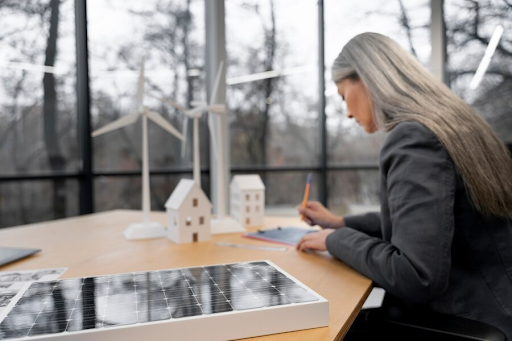Ensuring optimal performance of your climate control system is crucial for maintaining comfort and energy efficiency in your home. Regular maintenance and timely repairs are key to achieving this. This article explores essential strategies for optimizing your climate control, with a focus on air conditioning repair and HVAC system replacement.
Understanding Your Climate Control System
A climate control system includes various components, such as air conditioners, heaters, and ventilation systems. Each component plays a vital role in maintaining indoor comfort. Understanding these components helps in identifying performance issues early and ensures efficient operation.
Importance of Regular Air Conditioning Maintenance
Regular air conditioning maintenance is essential for preventing unexpected breakdowns and extending the lifespan of your system. A well-maintained air conditioner operates more efficiently and consumes less energy. Routine checks can catch potential issues before they escalate, saving you money on costly repairs.
Signs Your Air Conditioner Needs Repair
Several signs indicate that your air conditioner may need repair. Unusual noises, such as banging or grinding, can signal internal issues. If your unit fails to cool effectively or if you notice an increase in energy bills, these may be indicators of underlying problems. Addressing these issues promptly prevents further damage and maintains optimal performance.
Choosing Professional Air Conditioning Repair Services
Selecting a reputable air conditioning repair service is crucial for ensuring quality repairs. Look for certified technicians with experience in handling various air conditioning systems. A reliable service provider will diagnose issues accurately and offer effective solutions, ensuring your system returns to optimal performance.
The Role of HVAC System Replacement
Sometimes, air conditioning repair may not be sufficient, especially if your system is outdated or extensively damaged. In such cases, HVAC system replacement becomes necessary. A new HVAC system can provide improved efficiency, enhanced comfort, and reduced energy costs.
When to Consider HVAC System Replacement
Several factors can prompt the need for hvac system replacement. If your system is over 15 years old, it may be time to consider a replacement. Frequent breakdowns, rising energy costs, and inadequate performance are also strong indicators that a new system may be more cost-effective in the long run.
Benefits of Upgrading to a New HVAC System
Upgrading to a new HVAC system offers numerous benefits. Modern systems are more energy-efficient, reducing your utility bills. They also provide better climate control and enhanced air quality. Newer models often come with advanced features, such as programmable thermostats and smart controls, which further improve efficiency and convenience.
Selecting the Right HVAC System for Your Home
Choosing the right HVAC system for your home involves considering various factors, including the size of your home, insulation, and your specific needs. Consulting with a professional can help you select a system that meets your requirements and fits your budget. Proper sizing and installation are crucial for ensuring optimal performance.
Common Air Conditioning Issues and Solutions
Common air conditioning issues include refrigerant leaks, electrical problems, and clogged filters. Each issue requires specific solutions. For example, refrigerant leaks need to be repaired promptly to avoid damage to the compressor. Regular filter replacements and electrical inspections can prevent many common problems.
Conclusion
Ensuring optimal performance of your climate control system involves regular air conditioning repair, timely HVAC system replacement, and ongoing maintenance. Understanding your system, addressing issues promptly, and choosing professional services are key to achieving efficiency and comfort. By following these guidelines, you can enjoy a well-maintained climate control system that operates effectively and efficiently.


